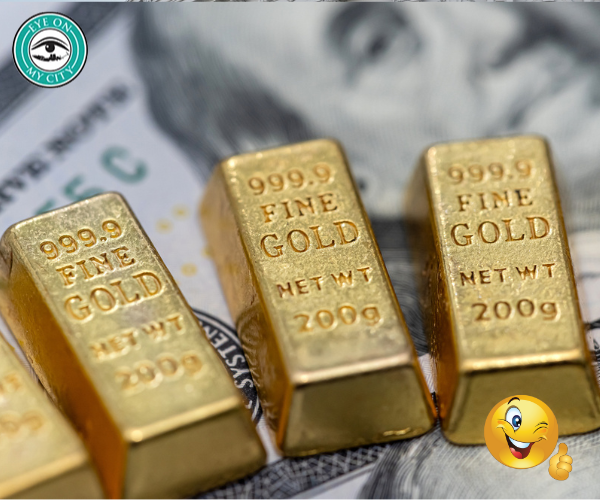Florida Politics ran a shiny story headlined, “Gov. DeSantis set to approve path to making silver and gold legal tender.”
On Tuesday, Governor DeSantis will sign HB999, which “recognizes gold and silver coin as legal tender for payment of debts,” and mandates “additional requirements regarding privately ensuring deposits’ security, record keeping, and maintaining separate ledger accounts for money services that effectuate transactions involving gold or silver coin.”
The new law treats gold and silver coins as currency instead of property, exempting them from sales tax and personal property tax, which is the first and most important hurdle. Next, it allows state government entities to accept them as legal tender, and will establish guidelines for custodians and consumer protections. The Sunshine State’s CFO must create rules and submit proposed regulations for legislative approval before November 1st.
Florida isn’t the first. In 2011, Utah became the first state to re-introduce gold and silver coins as alternative legal tender. Since then, 10 other red states have passed legislation recognizing gold and silver as legal tender. It is 100% constitutional. Article I, Section 10 of the U.S. Constitution provides that, “No State shall… make any Thing but gold and silver Coin a Tender in Payment of Debts.”
This March, Utah —on the frontier of gold-based currency— passed a new law that would have created an electronic currency backed by gold, but Governor Spencer Cox vetoed the bill. Still, the digital initiative is far from dead. Texas is currently considering its own gold-backed digital currency.
Appropos to 2025, the politics over hard currency are very weird. The desire for gold-backed money is almost completely conservative, opposed by techocratic liberals who view specie as a quaint but dangerous notion ranking somewhere between the horse and buggy and the phonograph. You’d think, given liberal love of technology, they would embrace a digital coinage based on precious metals. But no.
The clamor for hard currency reflects deep conservative pessimism over government. I think the reason liberals oppose it is because fiat currency (bucks not backed by precious metals) includes about ten levels of meddlesome government supervision and control. A gold-backed currency, digital or tangible, would offend liberals by cutting out of the loop a brothel’s worth of progressive darlings, like central banks, sneaky inflation-as-tax schemes, and “quantitative easing” (money printing).
Florida’s new bill, scheduled to be signed into law this Tuesday, is a quiet revolution unfolding across conservatism. The issue gets very little media attention, which is probably why we should pay close attention to it.
Serious, gold-backed monetary reform efforts are underway in mega-red states like Texas and Florida, pioneered in conservative Utah, supported by top Trump-aligned officials, and yet get virtually no national media coverage. Media silence is not accidental. It’s strategic.
So we will keep an eye on these developments. So far, the Trump Administration hasn’t even hinted about hard money on the national scene, but there are reasons to think it might happen. For instance, BRICS nations often muse about minting a metal-based dollar alternative. The easiest way to prevent that unfortunate outcome from becoming reality is to make one of our own.
Stay tuned. It’s the year of weirdness. Anything can happen, and the most improbable things probably will.










